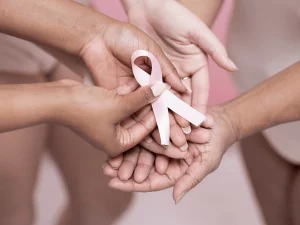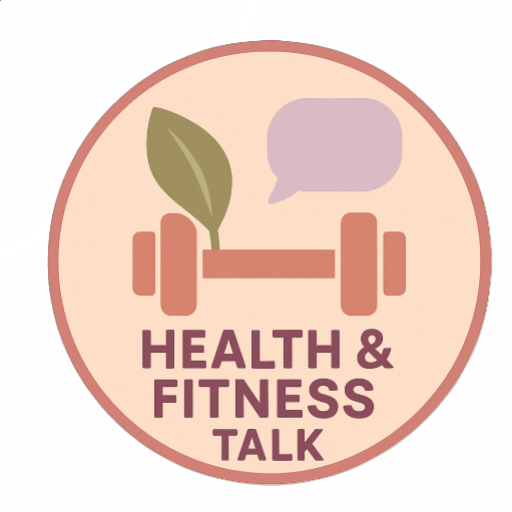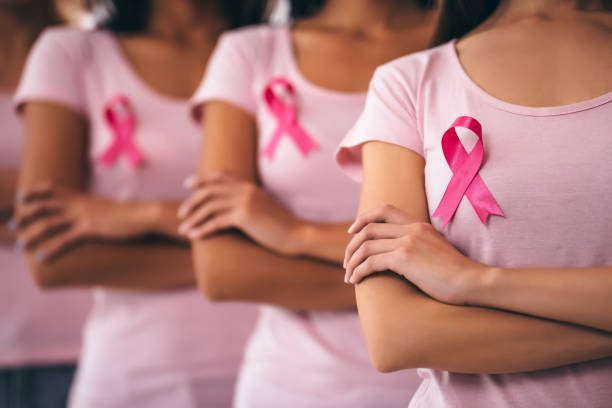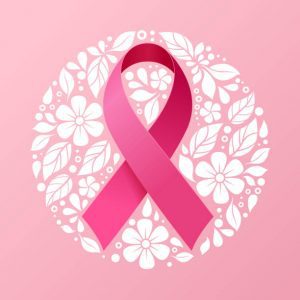by Kimberly Allen R.N.
Breast cancer is a term that covers a variety of cancers that originate in the breast tissue. It is second only to skin
cancer as the most commonly diagnosed cancer in women. It is the most common form of ‘invasive’ cancer diagnosed in women worldwide.
Estimates are that in the US 1 out of 8 women will develop some form of breast cancer. The American Cancer Society estimates that “over 200,000 new cases of ‘invasive’ breast cancer are diagnosed every year.” They also state that there are over two and half million breast cancer survivors in the US. it is more prevalent in Western industrialized countries. Though breast cancer is more prevalent in women men can and do develop breast cancer. It is also more commonly diagnosed in white women, however African American women tend to have more aggressive tumors when diagnosed.
The exact mechanism that causes breast cancer is unknown, however certain risk factors that can increase your risk of developing It as it have been identified. The leading risk factor is age, women that are over 55 years of age have an increased risk. If you have already been diagnosed with breast cancer in one breast there’s a significant chance you’ll develop cancer in the other. Also, if you have a close relative like your mother, sister, or daughter that has been diagnosed with breast cancer your chances of developing breast cancer are also high. There are also certain gene mutations that can be inherited and passed on from parents to their children that increase the risk of developing breast cancer. Early menstruation, before the age of 12, and late menopause, after the age of 55, also increases your risk of developing some form of breast cancer. Some studies have indicated that women that wait to have children, especially after the age of 35 have an increased risk of breast cancer
as well.
One of the most widely known factors that increases your risk of developing some form of breast cancer is hormone replacement therapy for post menopausal women. Though it is important to note that many women that take hormone replacement therapy do not develop breast cancer just as it diagnosed with breast cancer have never received hormone replacement therapy.
Breast cancer is most frequently diagnosed after there has been some type of abnormality found by either you or through screening. Frequently a lump is discovered indicating further testing is needed. There has recently been much controversy over self exams and mammograms. for as long as I can remember self breast exams have been taught as the first line of detection and I personally know of at least two people that received early diagnosis and treatment because they discovered a lump during a monthly self exam. Because of that early detection they are still here to tell about it. Regular mammograms starting at age 40 was always the standard but a science changes it’s best to discuss screenings with your Dr.
Treatment for it and depends on the type of it that you have, the stage it’s in, your overall health, and most importantly your preference. The most common treatment is surgical removal of the cancerous tissue.
This can range from a simple lumpectomy to removal of the breast and lymph nodes. Many patients also require additional treatment including chemotherapy, radiation or hormone therapy.
Prevention isn’t always as easy as it sounds though it is known that if you reduce your alcohol intake and eat a well balanced diet as well as, yep here it is again. exercise’ at least 30 minutes a day a least 5 days a week cand reduce your risk of developing not only it but other health issues as well. If you are receiving hormone replacement therapy use the lowest dose available and for the least amount of time possible.
There are also more dramatic step you can take if you have a strong family history of breast cancer like medications called chemoprevention that block estrogen and decrease your risk. Some women choose surgery. Some women that have a very high risk of developing some form of it and will have their healthy breasts surgically removed before they can become cancerous.
It’s always a good idea to research and ask others that have been diagnosed with breast cancer and have faced similar situations before making any decisions.
References:
American Cancer Society. (2025). Overview. Retrieved from https://www.cancer.org
Harvard Health Publishing. (2025). Prevention and Treatment. Retrieved from https://www.health.harvard.edu






